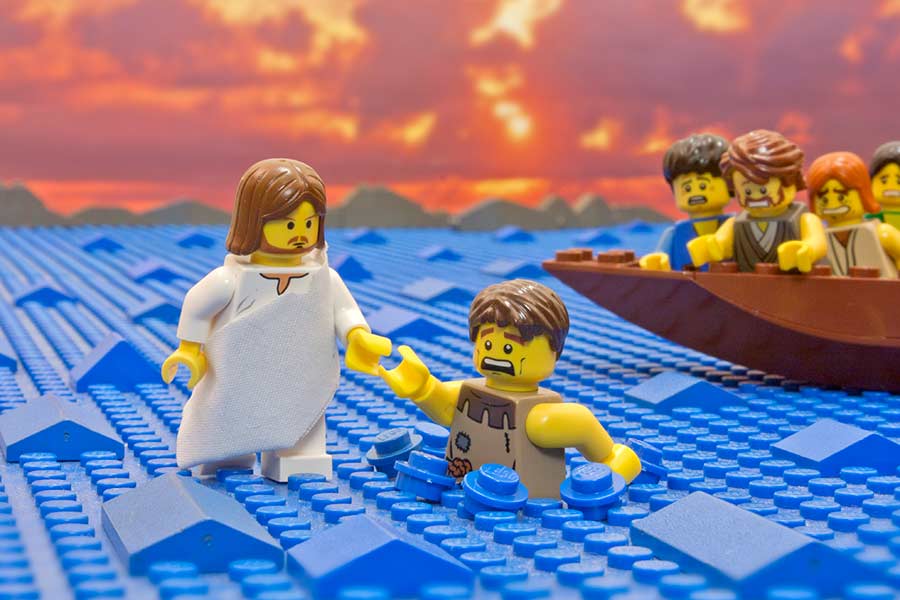The Prophet Joseph Smith was increasing in spiritual maturity as he entered his mid-to-late 30s, and the Saints in Nauvoo witnessed a flowering of theology. The new revelations concerning marriage also included the teaching that a marriage performed inside a temple—by one holding the proper priesthood authority—would seal the couple throughout the eternity of the afterlife, so long as the couple remained righteous, obeyed the commandments, and received all the necessary rituals for exaltation to the highest heaven.
In a sermon given at the funeral of a child in March of 1842, Smith said that—like many—he had wondered "why it is that infants, innocent children, are taken away from us, especially those that seem to be the most intelligent and interesting." He then said that it had been revealed to him that such children were taken so as to be spared having to live in "this miserable, wicked world," and that the moment they die, they are taken to the bosom of Abraham in heaven.
In April of 1843, Smith told the Saints of a revelation he had received about the nature of the Godhead, explaining that "The Father has a body of flesh and bones as tangible as man’s; the Son also; but the Holy Ghost has not a body of flesh and bones, but is a personage of Spirit." He also revealed that the intelligence we attain in this life, "will rise with us in the resurrection," and that the more intelligence a man attains, "he will have so much the advantage in the world to come."
A year later came one of the prophet's most renown speeches, given as a sermon at the funeral of a man named King Follet who had recently died in a construction accident. "God himself was once as we are now," he told the gathered crowd, explaining that just as Heavenly Father was once a mortal man on an earth-like planet in the distant past, so too can mortal men reach the exalted status of Heavenly Father. "You have got to learn how to be gods yourselves," he intoned.
Most of the Saints who gathered to hear what has become known as the King Follet Sermon were profoundly moved by the lengthy and eloquent speech. The prophet's nephew noted, "I never felt more delighted with his discourse than at this time, It put me in mind of Herod when they said at his oration ‘It is the voice of a God and not of a man.’"
NEXT:
Also from the creator of The Brick Book of Mormon:

